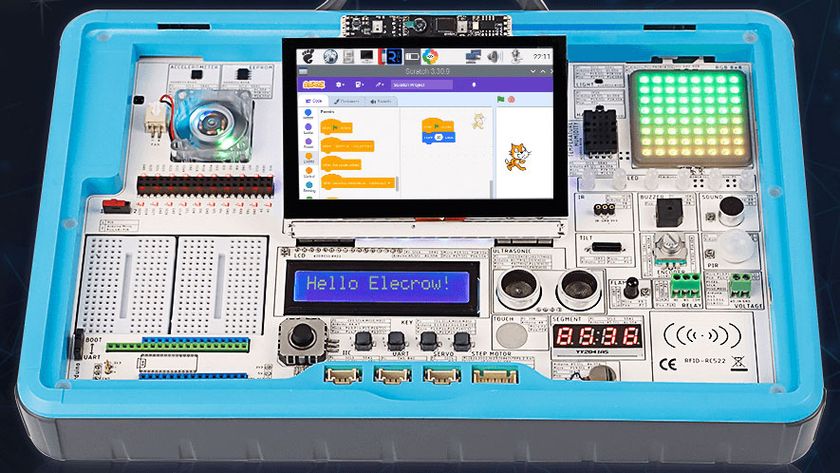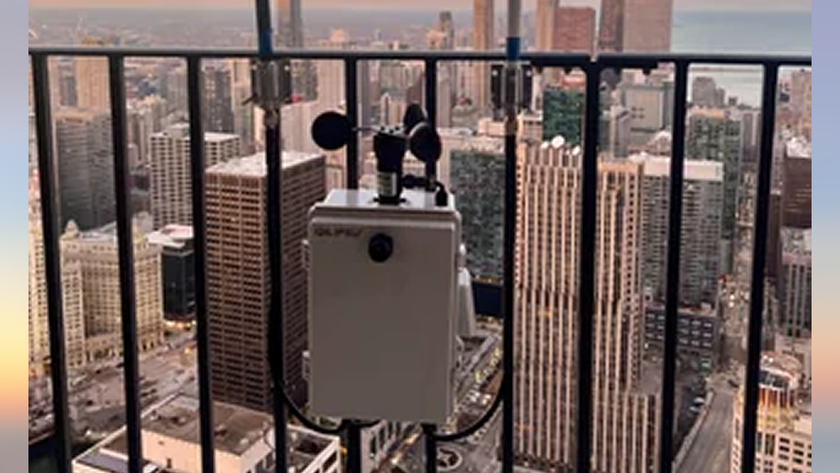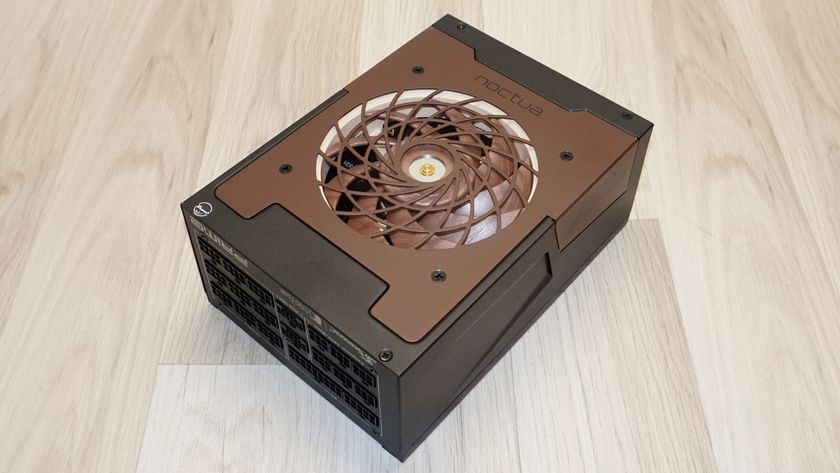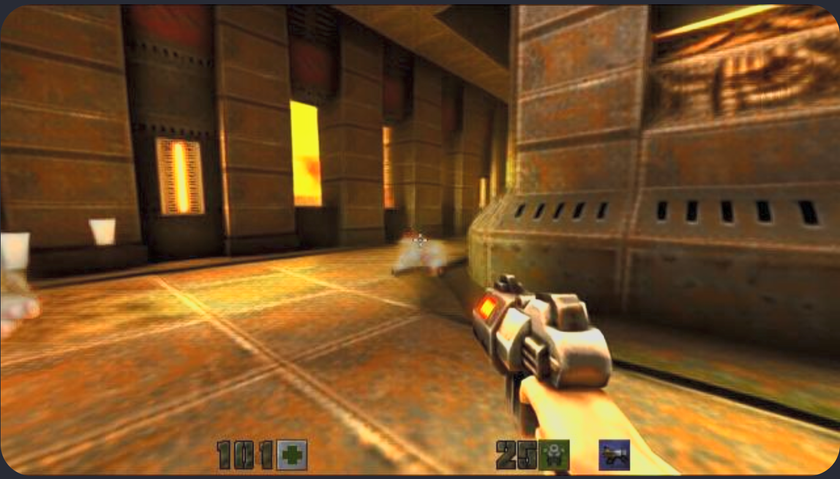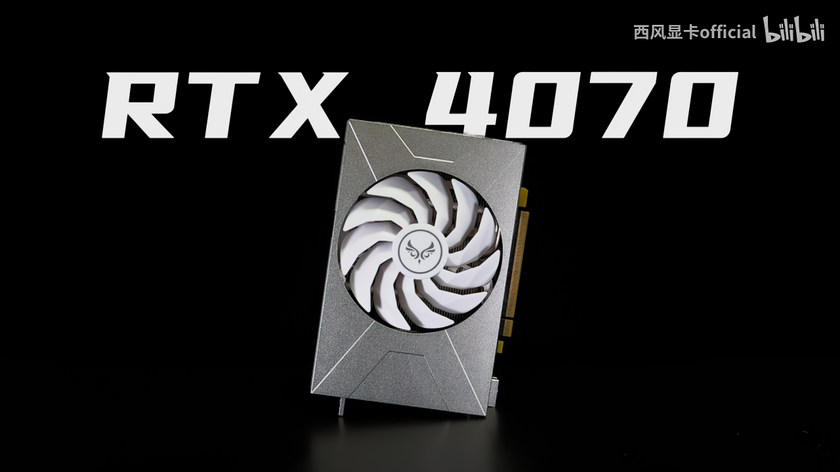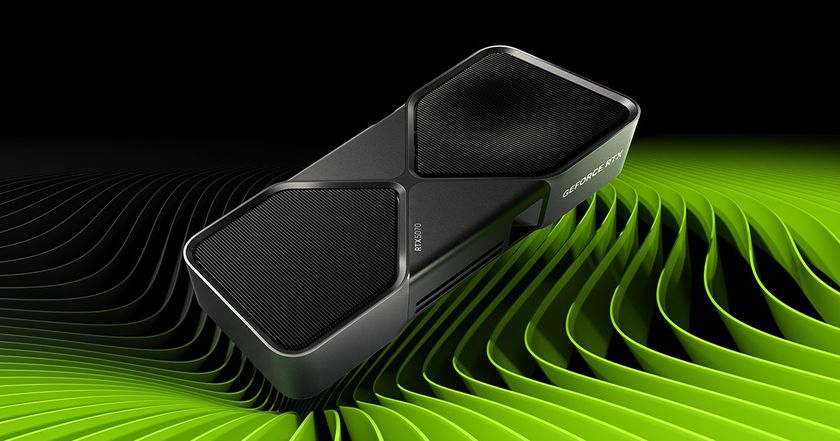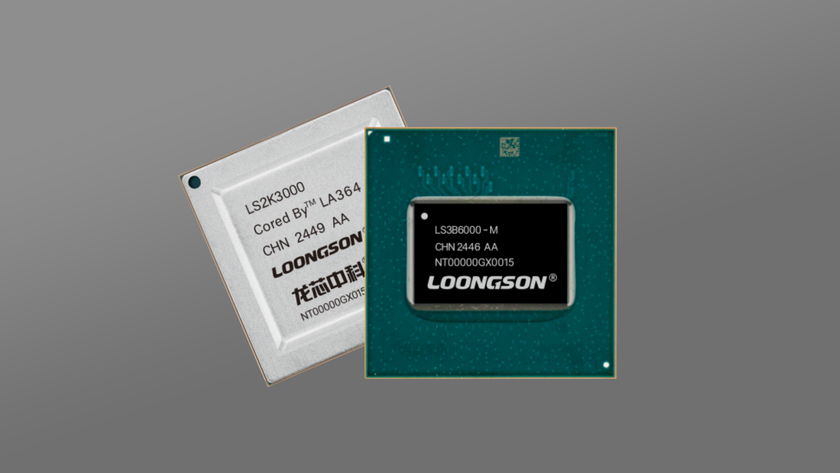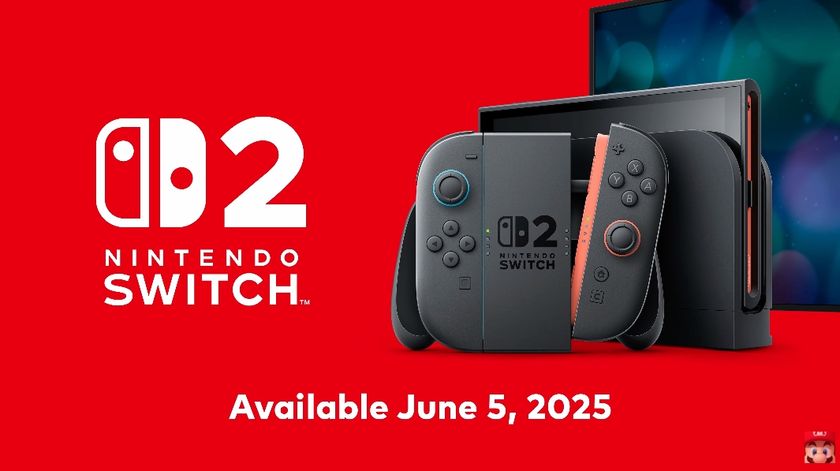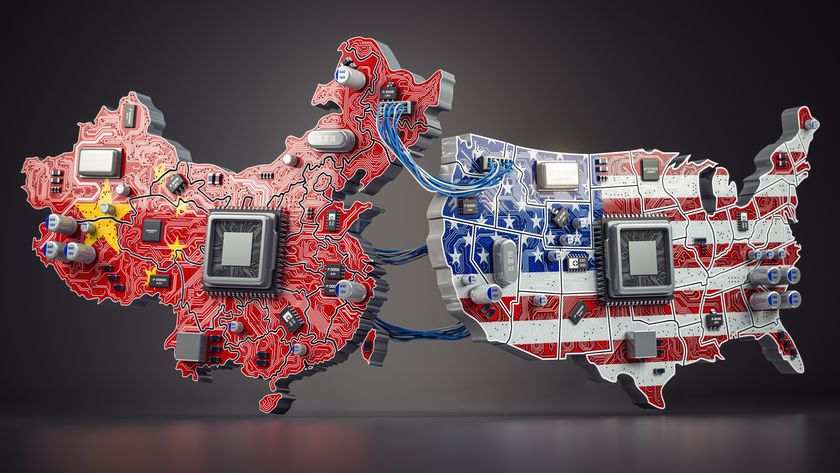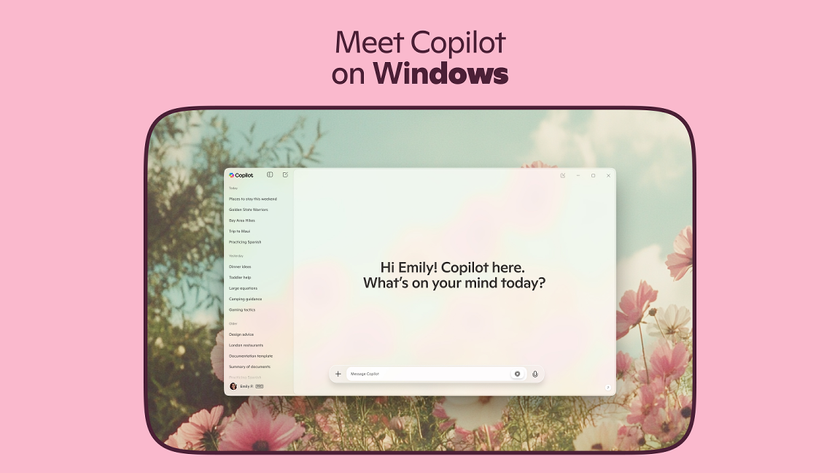Raspberry Pi Powered PiBoy Mini Brings the Arcade to Your Pocket
All the classics without the loose change
Nintendo's Game Boy form factor is still a classic and Experimental Pi's new $90 PiBoy Mini pays homage to that fact, while offering more modern day electronics courtesy of the Raspberry Pi Zero range of boards.



At first glance, we love the design. It resembles a slightly squashed Game Boy at 112 x 88 x 20 mm versus Nintendo's 148 x 90 x 32mm. Using cues from the North American SNES release we see the retro purple and dark grey color scheme of the era. On the face of the unit is a D-pad, start, select and a menu button. The four Y,B,X and A buttons are labelled in the same manner as the SNES, but where are the shoulder buttons? Moving around back and we see the L and R shoulder buttons sitting proud of the case. A nice touch, as our RetroFlag GPi Case 2W has them flat on the rear. The sides of the case are clear of any ports, unlike Nintendo's original. On the bottom of the unit is a USB-C connector used to charge the internal 2800mAh LiPo battery, and 3.5mm headphone jack. Crowning the top of the case is another USB-C port, this time for the Raspberry Pi Zero of your choice.
The screen, a 3.5 inch LCD with a resolution of 640 x 480 is capable of 60fps and takes up over half of the case front. Audio is via the aforementioned 3.5mm headphone jack or integrated amplified speaker. So where does the Raspberry Pi Zero go? Well this easy to assemble kit comes ready for you to drop in a Raspberry Pi Zero. Without an assembly guide on the site we can only guess that the Pi Zero fits behind the screen. We spotted a micro SD card slot in the back right of the case. Another clue is that the screen connects to the Pi using the GPIO, so some form of connector or interposer is used to join the two. Perhaps even pogo pins are used to form a connection?
Playing games on PiBoy Mini is taken care of by one of a number of emulation based OS. RetroPie, Lakka or Recalbox are ready and waiting for you to get your game on.
Pre-orders for $90 handheld are now being taken, with an anticipated release date of May 10 2023.
Stay On the Cutting Edge: Get the Tom's Hardware Newsletter
Get Tom's Hardware's best news and in-depth reviews, straight to your inbox.
Les Pounder is an associate editor at Tom's Hardware. He is a creative technologist and for seven years has created projects to educate and inspire minds both young and old. He has worked with the Raspberry Pi Foundation to write and deliver their teacher training program "Picademy".
